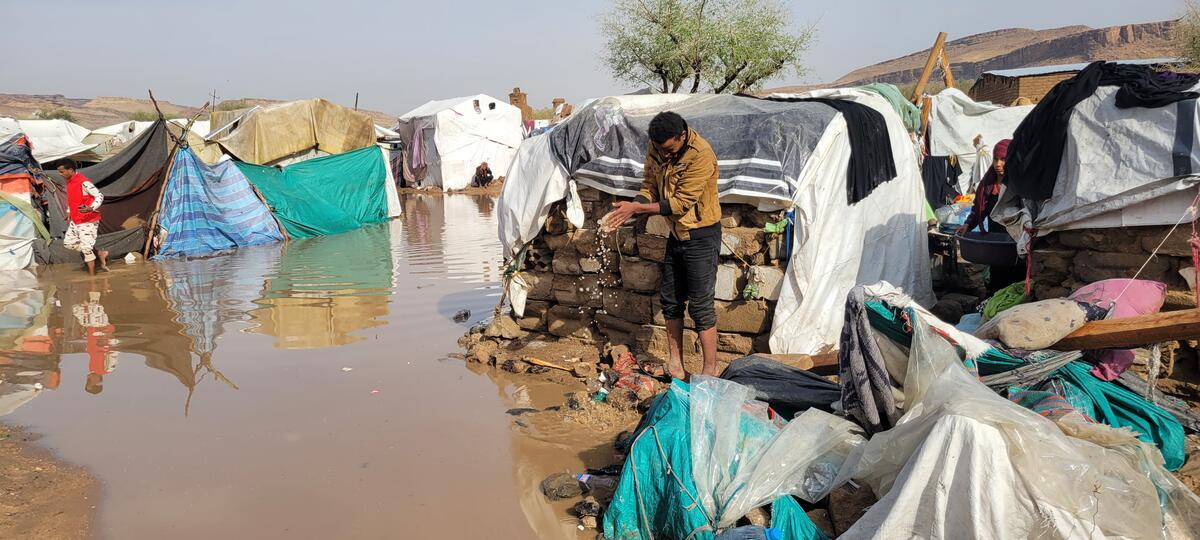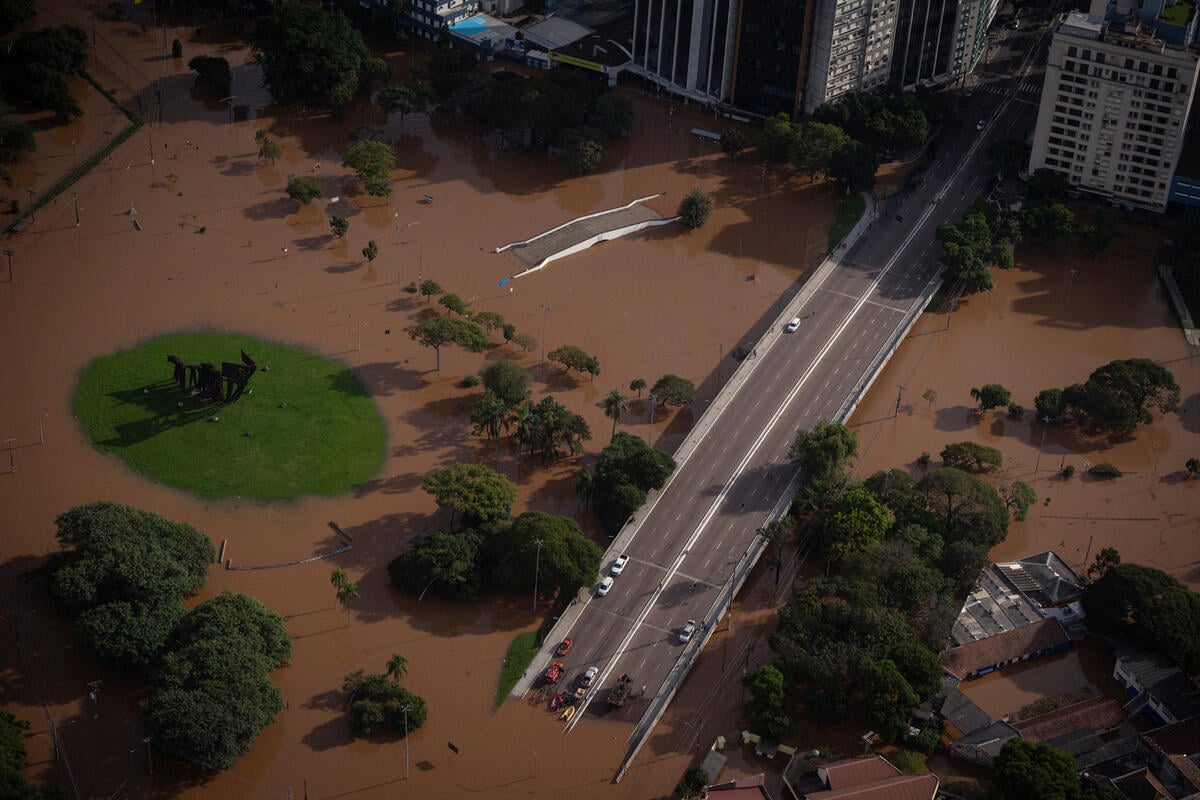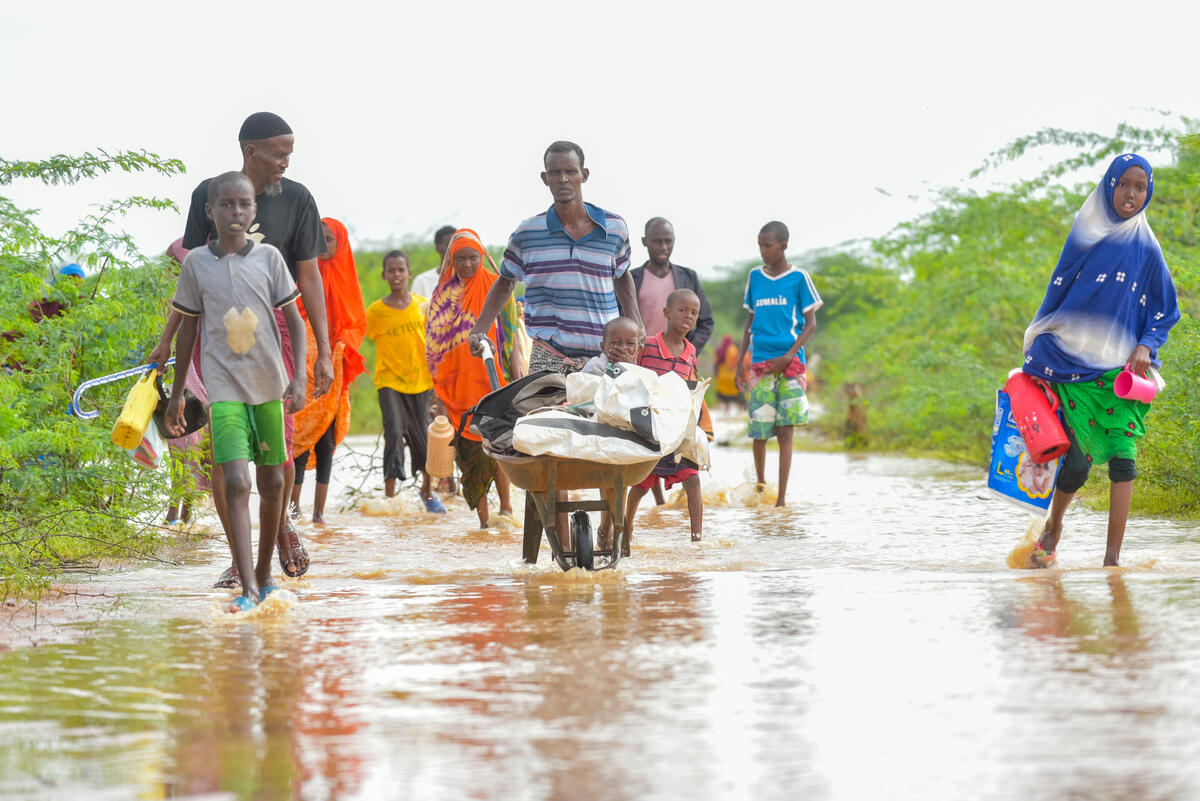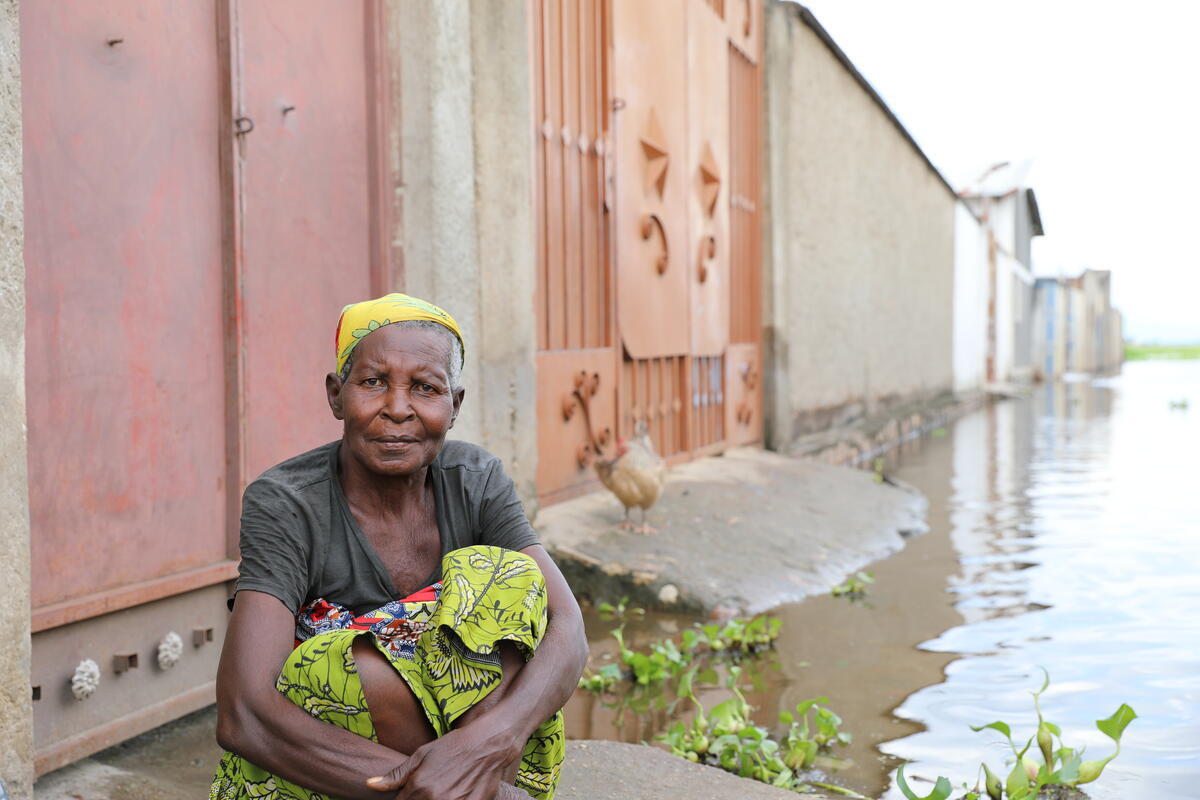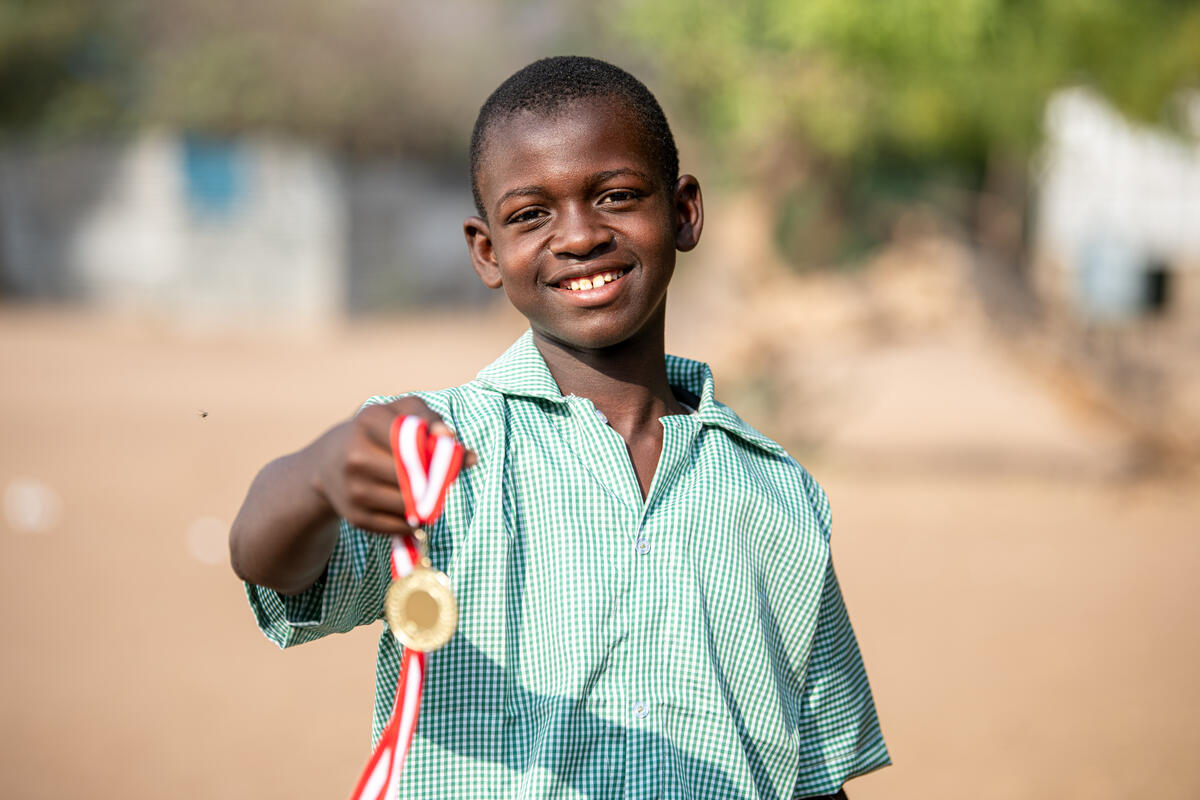A Somali mother longs for an Alpine reunion with her children
A Somali mother longs for an Alpine reunion with her children

GENEVA, January 28 (UNHCR) - With her head wrapped in a bright turquoise scarf and sporting a red and white striped sweater, Nimo, 26, looks like the picture of cheerfulness.
However, when asked about her children, the Somali refugee's large round eyes fill with tears and she starts slowly shaking her head back and forth. "It's hard for me to talk about my children. I miss them so much. When I talk about them, the sadness stays with me for days," she says.
Until recently, her four boys (aged between eight and 15 years) from her slain first husband lived under the care of her mother in Awbare Refugee Camp in north-east Ethiopia. In early November, during one of Nimo's routine - and expensive - phone calls to check in with them, she was informed that her mother had died, leaving the boys to fend for themselves.
"My children are parentless and alone, with no one to take care of them. I can't sleep!" she sobs, during a meeting with UNHCR in the central Swiss town where she lives with her two youngest Swiss-born sons and their father. "I am desperate [to be reunited]," she says.
Her quest began five years ago when she arrived in Switzerland after fleeing Somalia with husband Saleban, and she has been receiving invaluable support and legal help from the Swiss Red Cross.
But although she fled a violent, war-battered country, this does not entitle Nimo to refugee status in Switzerland. Instead, she has been admitted on a provisional basis because returning home could put her life in danger, even though this is not formally acknowledged. Accordingly, she has far fewer rights than registered refugees.
People with the provisional admission status do not have the right to bring their family members to Switzerland unless they can prove that they earn enough money to support the family - something almost impossible to do.
Provisional admission, which many perceive as an abuse of the Swiss asylum system by its holder, leaves people in limbo - unable to have their traumatic past recognized or step into the future and be fully accepted in their new country.
But for Nimo, getting her children back is a labour of love and she is passionate about it. Her determination is partly fuelled by a feeling of guilt that she did not bring the four older boys with her to Europe.
She had first thought about leaving Somalia after the four boys' father was shot dead by an armed group in the volatile capital, Mogadishu, more than five years ago. She was worried about the safety and future of her sons if they stayed in the war-torn city with limited opportunities.
She stayed on and married Saleban, but the security situation deteriorated further and, after a lot of soul searching, she decided to go, both for the safety of her children, and for their future. As the couple had limited funds, this meant temporarily leaving the four children with Nimo's mother. The plan was to bring them over later.
But, as she found out, it was not as simple as - and then came the disturbing news of her mother's death. Her heart sank further when she learned that her first husband's sister was in Ethiopia trying to take the boys back to Mogadishu to live with the family. The last time her oldest son, Ahmed, went to visit the father's side of the family there, he was taken by the Al-Shabaab militia for recruitment as a soldier.
The Somali community in Switzerland rallied behind Nimo and her family, raising the US$2,000 required to find and rescue the boy. Ahmed luckily made it safely back to his relatives in Ethiopia.
Meanwhile, Nimo has been getting support from others, including the refugee agency. "UNHCR would like to see people fleeing conflict and violence receive a real protection status with a residence permit in Switzerland, and the same, or at least similar rights as refugees. One that would allow families to be together and people to integrate into society and become self-sufficient," said Pascal Schwendener, a Geneva-based external relations officer.
And despite the setbacks, and the legal limbo she faces in Switzerland, she has not given up on seeing her boys again. "I will not lose hope!" she insists.
[As this story went to press, UNHCR learned that Switzerland had agreed to let the four boys reunite with Nimo, exchanging life in the arid reaches of eastern Ethiopia for a more promising future in the Swiss highlands.]
By Suzy Hopper in Geneva, Switzerland

